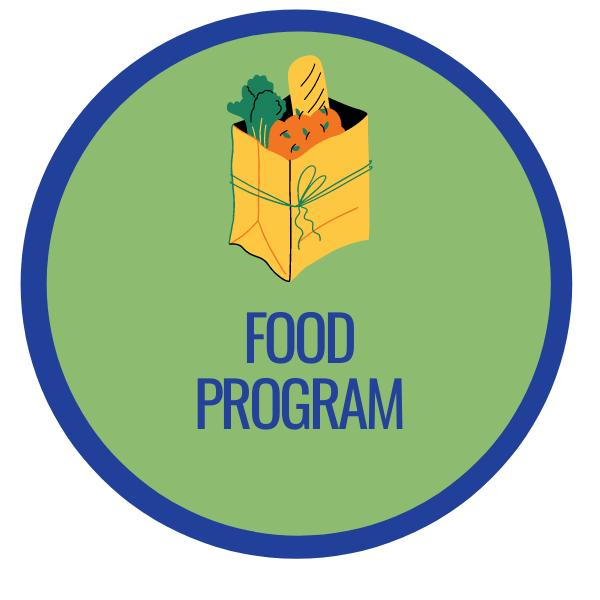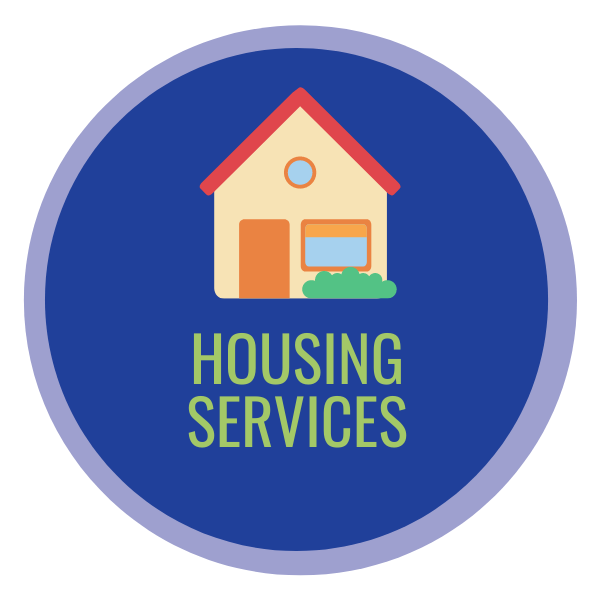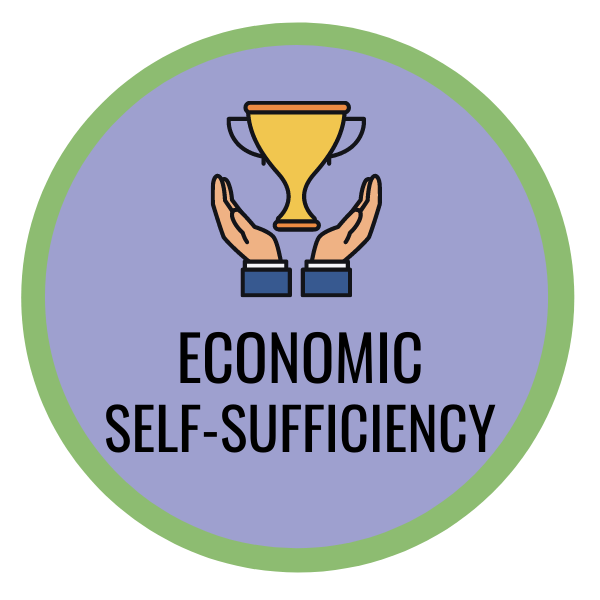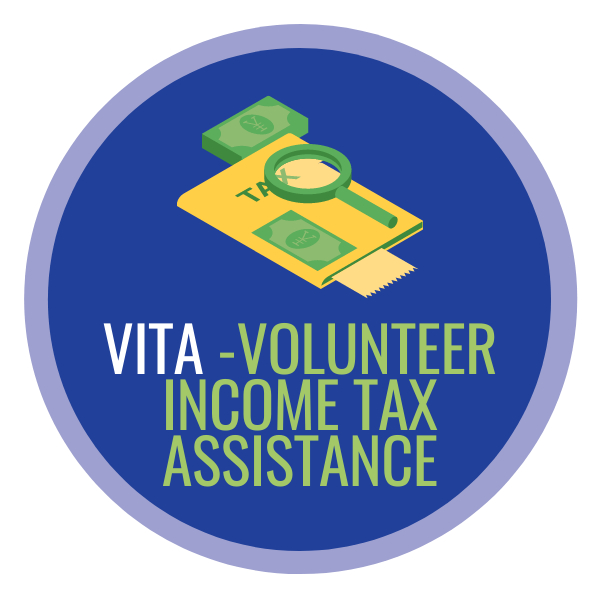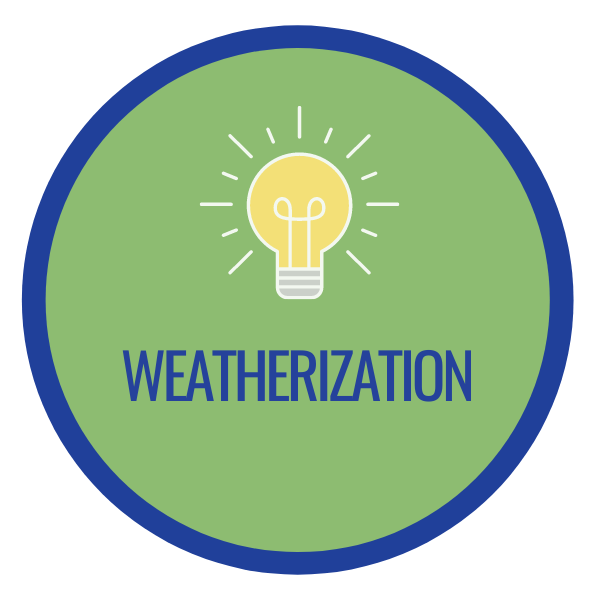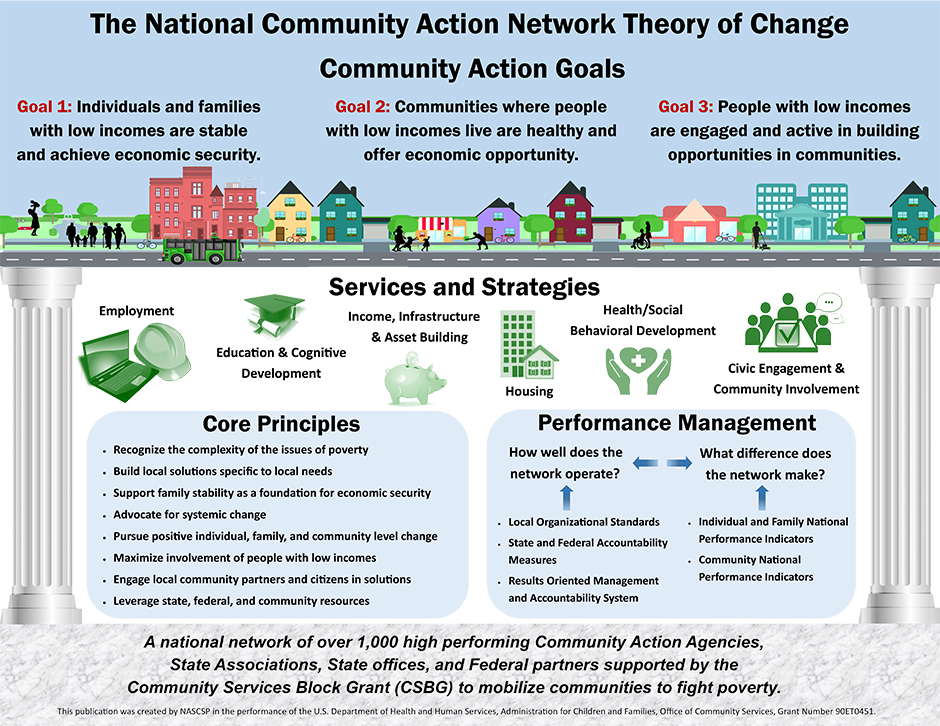About Bucks County Opportunity Council
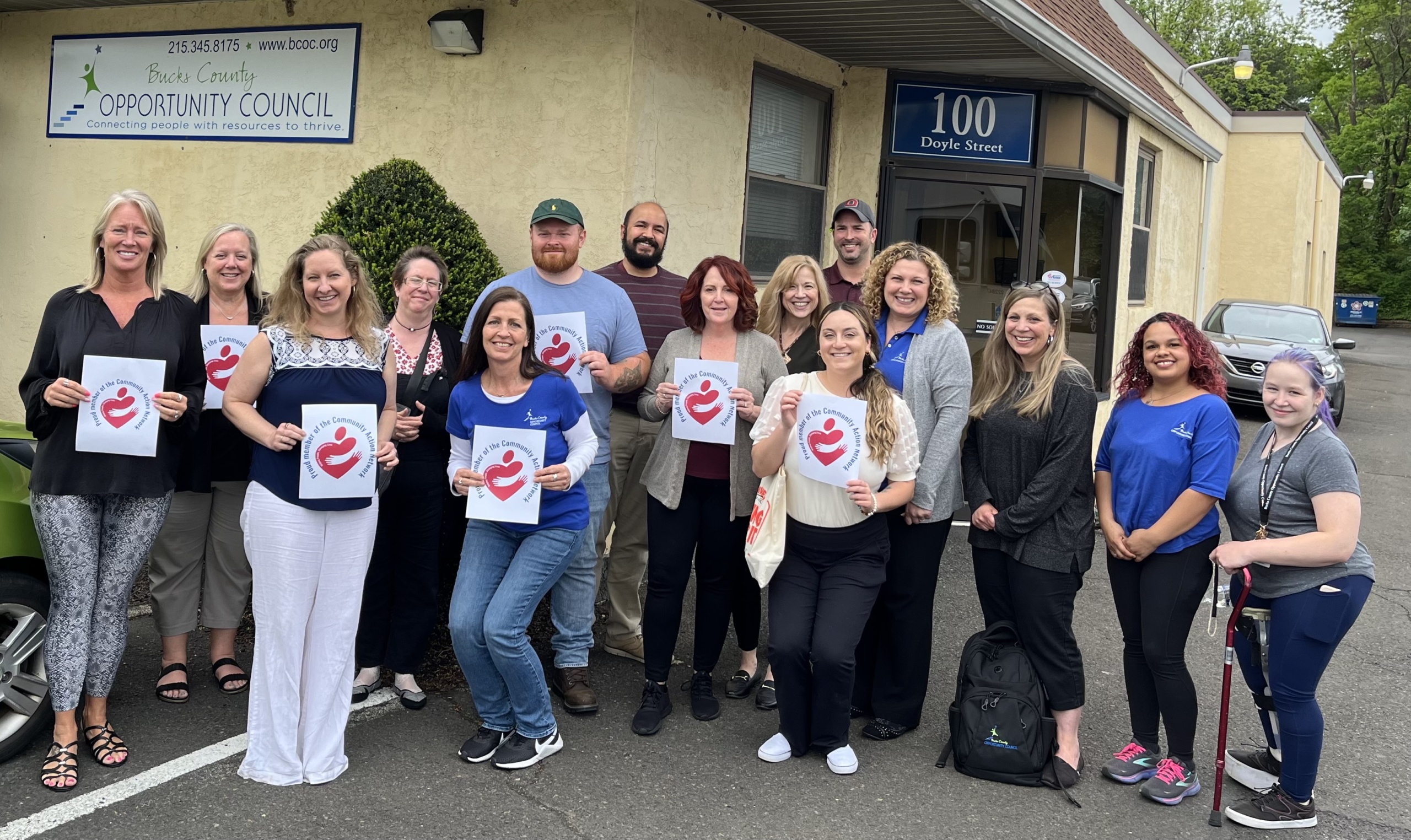
What We Do
Core Beliefs
The mission of the Bucks County Opportunity Council (BCOC) is to reduce poverty and partner with our community to promote self-sufficiency.
BCOC is the lead anti-poverty, 501(c)3 non-profit organization in Bucks County, Pennsylvania. As the designated Community Action agency for the county, it is part of a national network of over 1,000 agencies founded to serve our local community needs. We are dedicated to ending poverty and helping hard-working Americans improve their lives by connecting them with the resources they need to thrive.
For 60 years, the Opportunity Council has served low-income families in Bucks County by helping them to stabilize when in crisis, garner resources to achieve a livable wage, gain additional education and training, and work towards economic self-sufficiency.
BCOC believes that people living in the economic condition of poverty are problem-solvers and capable of change; self-sufficiency is possible for everyone; no significant change can occur without a significant relationship; and two things that move people out of poverty are education and training. Most people cannot obtain a livable wage job without training/certification beyond high school.
BCOC does not offer a “cookie cutter” or “one size fits all” approach, as poverty is complicated, and each person has a story and a path that is unique. Our coaches are skilled in handling diverse and complicated situations and have resources available to help participants achieve success. For many who lack the support of a close network of family and friends, the Case Manager is their sole emotional support.
2026 HHS Poverty Guidelines
We serve low-income residents of Bucks County with income less than 200% of the Federal Poverty Guidelines.
Our Programs
We have five key five programs:
Housing, Food, Economic Self-Sufficiency, Weatherization, and Volunteer Income Tax Preparation (VITA).
During the 2024-2025 program year, BCOC served 60,718 people within its five programs areas.
Our Parent Organization
Community Action Partnership
Bucks County Opportunity Council was founded in 1965 to serve our local community needs. BCOC is a member of the Community Action Partnership – a national, 501(c)3 nonprofit membership organization that provides technical assistance, training, and other resources to local Community Action Agencies – and the Community Action Association of Pennsylvania (CAAP).
Community Action Agencies were created to address issues of poverty at the local level and BCOC is the only one in Bucks County. Part of BCOC’s funding comes from the federal Community Services Block Grant, administered by the Office of Community Services and through the state office of Community and Economic Development.

